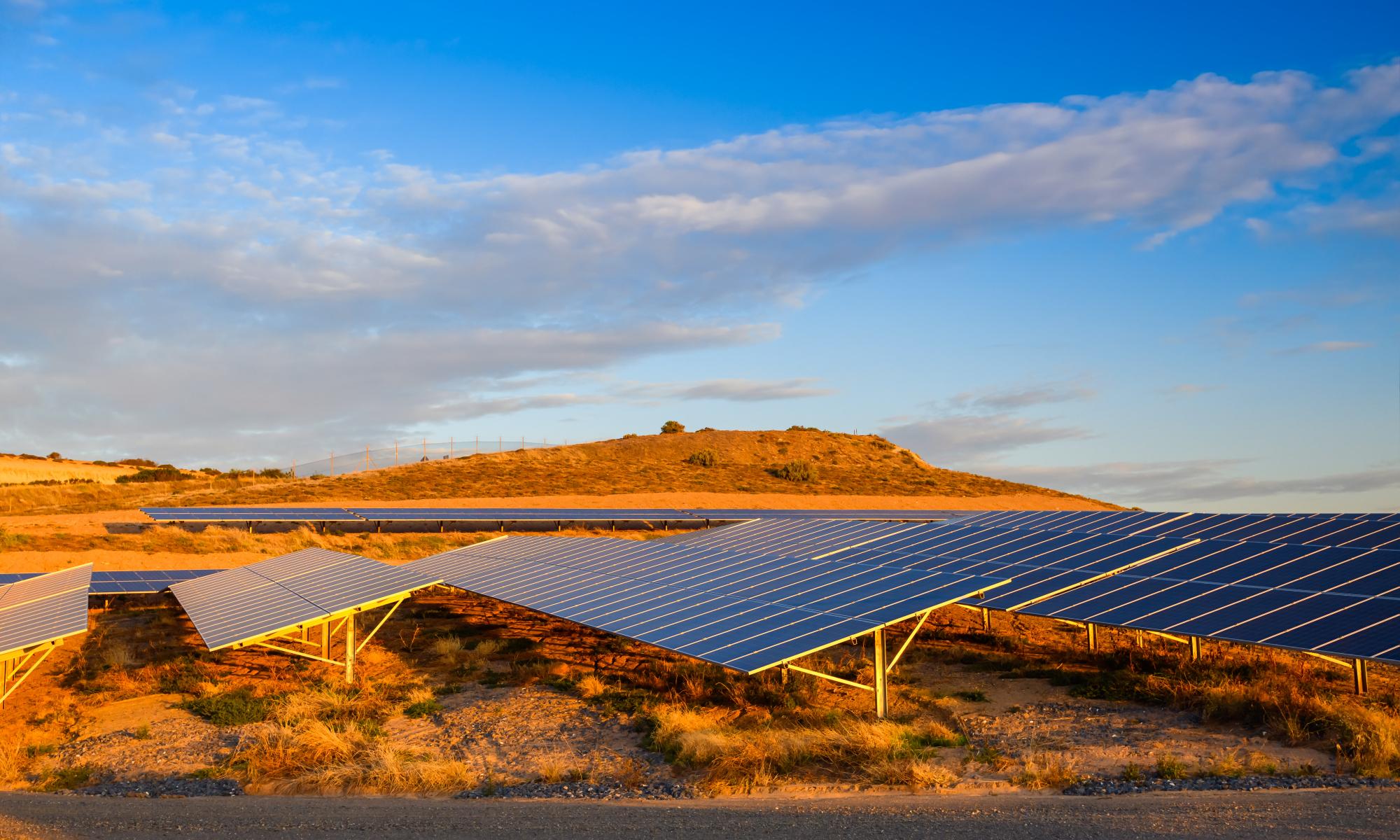Australia needs an ambitious 75% emissions reduction target by 2035, a clear price on carbon, and to remove all fossil fuel subsidies by 2025 in order to unlock the investment needed to reach net zero by 2050, according to a new report.
The Investor Group on Climate Change has released its policy priorities report for 2022-2025, outlining key areas for reform that would align Australia’s emissions target to the Paris goal of limiting warming to 1.5C and ensure the country was able to manage an “orderly” retreat from coal.
Arguing that there are billions of dollars in capital that could be unlocked for the transition to renewables by government policy settings, the report also warns that ongoing delay on ambitious climate action will lead to a “disorderly and more costly transition to net zero emissions.”
The Investor Group on Climate Change represents investors in Australia and New Zealand who are focused on the effect of the climate crisis on the financial value of investments.
Among its members are institutional investors with funds under management worth more than $3tn.
The IGCC says it has identified more than $131bn in “credible opportunities” to deploy capital into climate-positive investments.
The report calls on the government to align policy with the government’s commitment under the Paris agreement to limit global warming to 1.5C, calling for a beefing up of the safeguard mechanism, an “emissions reduction incentive” across the electricity market, and targeted policies to build demand for near-zero emission technology.
Describing Australia’s 2035 target as “very important to investors”, the report advocates a nationally determined contribution of a 75% emissions reduction on 2005 levels by 2035, a dramatic increase to the 43% target set by the Albanese government for 2030.
The report says the government must ensure its revamp of the safeguard mechanism – which acts as an effective carbon price – does not shield industries that will decline in a net zero economy, such as coal and gas.
“Clear and transparent carbon pricing sends market signals, accurately prices the cost and impact of emissions, and incentivises behavioural change and investment flows into lower and zero emissions solutions,” the report says.
“The more carbon is explicitly priced, the more investment will flow to new zero emissions technologies.”
The IGCC chief executive, Rebecca Mikula Wright, said the report underlined the fact that institutional investors had the capital to finance a clean energy economy.
“Many governments, businesses and investors have already committed to achieving net zero emissions,” she said. “The biggest barrier to reaching these goals remains lack of stable policy that supports investment in zero carbon technologies, goods, and services.”
Sector by sector emission reduction goals based on advice from the Climate Change Authority are also recommended in the report as the best way to guide policy and investment to transition to net zero by 2050.
Investors are also calling for a mandatory climate risk disclosure regime consistent with international best practice which would require corporate reporting of emissions, including scope three emissions, phased in by 2025 and capturing ASX 300-listed companies, large financial institutions and companies with annual revenues of at least $100m.
The report also recommends that Australia commit to phasing out all fossil fuel subsidies by 2025, which the Australia Institute estimates total $11.6bn a year, in order to “even the playing field for new and emerging zero and low emissions technologies”.
In order to manage climate adaptation and resilience, the report also recommends a standing advisory group be formed with government and the private sector to develop opportunities to co-fund resilience and adaptation investment.
The IGCC is also backing in the need for national and regional transition authorities to support a “just and orderly transition” which would advise government and develop frameworks for regionally specific just transition plans.
These would be particularly important for key fossil fuel production regions such as the Upper Hunter, Latrobe Valley and Bowen Basin given their immediate exposure to transition risks, with planning for the transition needed immediately.


